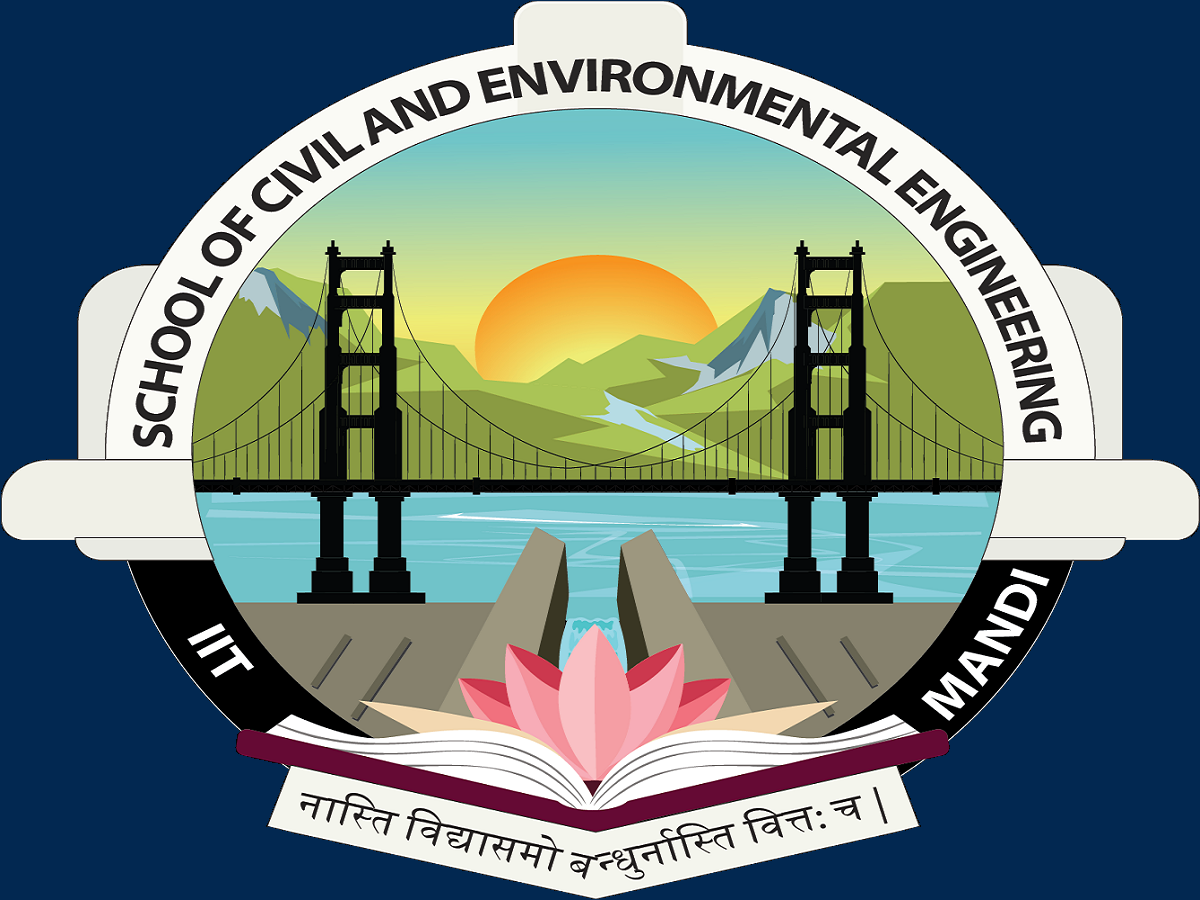Identification of homogeneous rainfall regimes in Northeast Region of India using fuzzy cluster analysis
Water Resources Management
Manish Goyal, & Vivek Gupta
2014-10-01
Regionalization methods are often used in hydrology for frequency analysis of floods. The hydrologically homogeneous regions should be determined using cluster analysis instead of the geographically close stations. In view of the ongoing environmental and climate changes in the Northeastern of India, regionalization of homogeneous rainfall region is essential to lay out an effective flood frequency analysis of this region. The choice of appropriate cluster approach used according to the data of the basin is also significant. In the context of this study, total precipitation data of stations operated by Indian Meteorological Department (IMD) in Northeastern of India basins for cluster analysis are used. Further, five cluster validity indices, namely Partition Coefficient, Partition Entropy, Extended Xie-Beni index, Fukuyama-Sugeno index and Kwon index have been tested to determine the effectiveness in identifying optimal partition provided by the fuzzy c mean clustering algorithm (FCM). A comparison is also performed using K- Mean clustering algorithm. Additionally, regional homogeneity tests based on L-moments approach are used to check homogeneity of regions identified by both cluster analysis approaches. It was concluded that regional homogeneity test results show that regions defined by FCM method are sufficiently homogeneous for regional frequency analysis.

